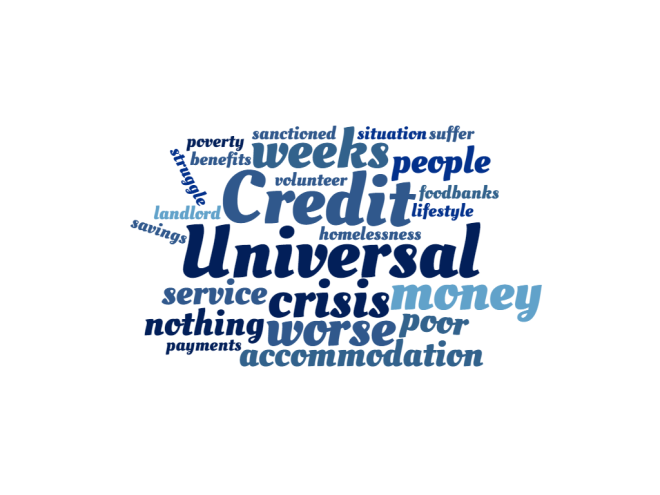11 million adults and a third of working-age ones will be in households entitled to some universal credit (UC).
Around 4.2 million of these will be at least £100 per year better off than under the current system and 4.6 million will?after transitional protection expires,be at least £100 per year worse off.
That’s according to new research by the Institute for Fiscal Studies which digs deeper to examine those households that will lose or gain the most under UC, and whether these effects are short-lived or persistent for those concerned.
Large gains and losses from UC are common: 1.6 million adults will gain by more than £1,000 per year and 1.9 million will lose at least that much.
Among the 1.9 million losing £1,000 per year or more, three-quarters are affected by UC’s harsher treatment are those with financial assets greater than £6,000, the self-employed reporting low levels of earnings and couples where one member is above state pension age and the other below.
Claimants of disability benefits and those in working rented households on means-tested benefits are most likely to gain large amounts, 29% see an increase in entitlement of at least £1,000 per year.
For the first time, this research also looks at the effects of UC on people’s incomes over the longer run,it’s effect over eight years of people’s lives.
Many of those hit hardest in the short run, such as those listed above, are only temporarily poor:
The self-employed, owner-occupiers and people with significant financial assets – all of whom tend to lose out from UC – are 1.5–2 times as likely as other low-income groups to find that a period of low income is temporary, rather than persistent.
The overall result of the UC reform is that while in any one year about one in three adults entitled to means-tested benefits see a change in entitlement of at least £1,000 per year (1.6 million gaining, 1.9 million losing), only around one in six will see an annual change of at least that much over an eight-year period (0.6 million gaining, 1.2 million losing). However, while many of the biggest losses are temporary, UC still hits the persistently poor more than those who are better off. Those whose average incomes over eight years are in the lowest tenth of the population – the persistently poorest – lose, on average, 1.1% of their income over the eight years (equivalent to £100 per year) from UC, more than any higher-income group.
Tom Waters, Research Economist at the IFS and an author of the briefing note, said:
“Universal credit changes benefit entitlements for three-quarters of those entitled to means-tested benefits, and 30% see a change of at least £1,000 per year. The biggest losses experienced as a result of the switch are mostly down to a small number of specific choices the government has made about universal credit’s design, such as its treatment of the low-income self-employed and people with financial assets. Many of those very large losses do turn out to be temporary for those concerned. However, even when measuring people’s incomes over relatively long periods, universal credit still hits the persistently poor the hardest on average.”







